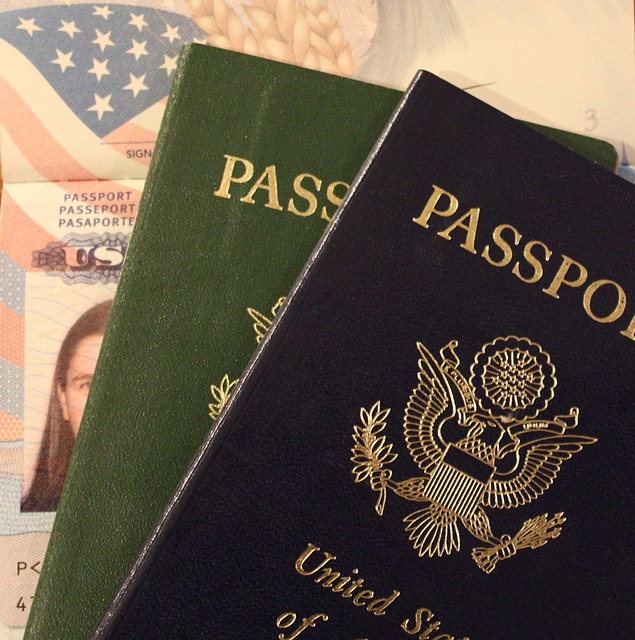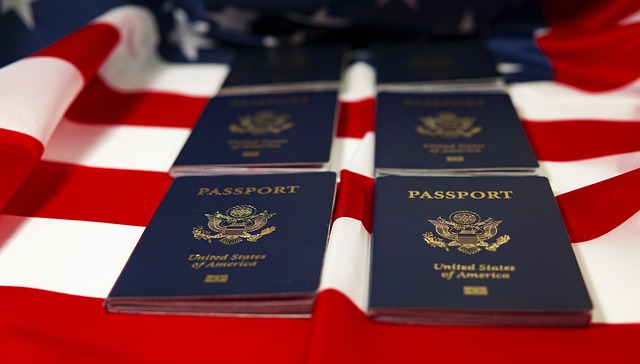Retirement Visas: Moving to the UK After Retirement

Retiring abroad is a dream for many, and the United Kingdom is a popular destination due to its rich history, cultural diversity, and high quality of life. However, moving to the UK after retirement requires careful planning, particularly when it comes to obtaining the right visa. The UK does not have a specific “retirement visa,” but there are several visa options available for retirees who wish to settle in the country. This article provides a comprehensive guide to the visa options, requirements, and steps involved in moving to the UK after retirement.
Why Retire in the UK?
Before diving into the visa process, it’s important to understand why the UK is an attractive destination for retirees:
- Healthcare: The UK’s National Health Service (NHS) provides free or low-cost healthcare to residents, including retirees.
- Cultural Richness: The UK offers a wealth of cultural experiences, from historic landmarks to world-class museums and theaters.
- Quality of Life: The UK is known for its high standard of living, excellent public services, and diverse communities.
- Accessibility: The UK’s central location in Europe makes it easy to travel to other countries for leisure or family visits.
Visa Options for Retirees
While the UK does not offer a specific retirement visa, retirees can explore the following visa options:
1. Family Visa
If you have family members who are UK citizens or permanent residents, you may be eligible for a family visa. This option is particularly suitable if you have adult children living in the UK who can sponsor you.
- Requirements:
- Your family member must be a UK citizen or have settled status.
- You must prove that you are financially dependent on your family member.
- Your family member must meet minimum income requirements to support you.
- Duration: Initially granted for 2.5 years, with the option to extend.
2. Ancestry Visa
If you have a grandparent who was born in the UK, you may be eligible for an ancestry visa. This visa allows you to live and work in the UK and is a pathway to permanent residency.
- Requirements:
- You must be a citizen of a Commonwealth country.
- You must be able to prove your ancestry through birth certificates and other documents.
- You must be able to work and support yourself financially.
- Duration: Initially granted for 5 years, with the option to apply for indefinite leave to remain (ILR) afterward.
3. Investor Visa (Tier 1)
If you have significant savings or investments, you may qualify for an investor visa. This visa is designed for individuals who wish to make a substantial financial investment in the UK.
- Requirements:
- You must invest at least £2 million in UK government bonds, share capital, or loan capital in active UK companies.
- You must have held the funds for at least 2 years or provide evidence of their source.
- Duration: Initially granted for 3 years and 4 months, with the option to extend.
4. Long-Term Visitor Visa
If you do not plan to settle permanently in the UK but wish to spend extended periods there, you can apply for a long-term visitor visa. This visa allows you to stay in the UK for up to 6 months at a time.
- Requirements:
- You must prove that you have sufficient funds to support yourself during your stay.
- You must demonstrate ties to your home country, such as family or property, to ensure you will return.
- Duration: Valid for 2, 5, or 10 years, depending on the visa type.
Financial Requirements
Regardless of the visa option you choose, you will need to demonstrate that you have sufficient funds to support yourself without relying on public funds. The exact amount required varies depending on your circumstances, but you should be prepared to provide evidence of:
- Savings or investments.
- Pension income.
- Other sources of income, such as rental properties or dividends.
Healthcare for Retirees
One of the most important considerations for retirees is access to healthcare. In the UK, the NHS provides free healthcare to residents, but access depends on your immigration status:
- Permanent Residents: If you have indefinite leave to remain (ILR) or settled status, you are entitled to free NHS healthcare.
- Temporary Residents: If you are on a temporary visa, you may need to pay an immigration health surcharge (IHS) as part of your visa application. This gives you access to NHS services during your stay.
- Visitors: If you are on a visitor visa, you will need private health insurance to cover any medical expenses.
Steps to Move to the UK After Retirement
- Choose the Right Visa: Determine which visa option is most suitable for your circumstances.
- Gather Required Documents: Prepare all necessary documents, including proof of finances, family ties, and ancestry (if applicable).
- Apply for the Visa: Submit your visa application online and pay the required fees. You may also need to attend a biometric appointment.
- Plan Your Move: Once your visa is approved, start planning your move, including housing, healthcare, and transportation.
- Settle In: After arriving in the UK, register with a local GP (doctor) and open a UK bank account to manage your finances.
Challenges for Retirees Moving to the UK
- High Cost of Living: The UK, particularly London and the South East, has a high cost of living. Ensure that your retirement savings or income can cover your expenses.
- Healthcare Costs: While the NHS provides free healthcare, some services (e.g., dental care, prescriptions) may require additional fees.
- Cultural Adjustment: Moving to a new country can be challenging, especially if you are not familiar with the culture or language.
Tips for a Smooth Transition
- Research Thoroughly: Understand the visa requirements and cost of living in your chosen location.
- Seek Professional Advice: Consult an immigration lawyer or financial advisor to ensure you meet all requirements.
- Build a Support Network: Connect with expatriate communities or local groups to help you settle in.
- Plan Your Finances: Ensure that your retirement income or savings are sufficient to support your lifestyle in the UK.



